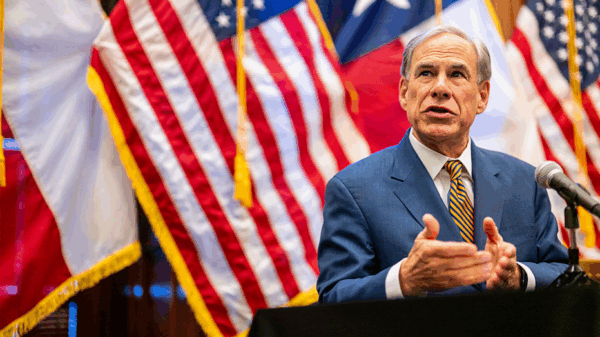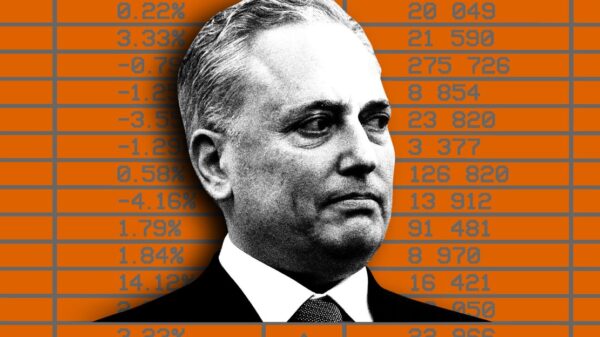BREAKING: Google has just announced a major expansion of its “Your Money or Your Life” (YMYL) guidelines to include crucial election and civic information. This urgent update aims to combat the rising tide of misinformation ahead of global elections, elevating the scrutiny of voting procedures and candidate platforms to the same level as health and financial advice.
The new guidelines, revealed earlier today, require content creators to demonstrate rigorous sourcing, accuracy, and neutrality for materials related to elections. This shift comes as concerns about false narratives in politics intensify, especially with significant elections approaching in 2025. Google’s move reflects a commitment to maintaining high standards of expertise, authoritativeness, and trustworthiness (E-A-T) across its platform.
According to a report from Search Engine Journal, the updated YMYL framework will critically impact how publishers approach civic content. Sites covering elections must now prioritize verifiable sources and expert authorship to avoid demotions in search rankings. This aligns with recent discussions on social media, with experts noting that low-quality political commentary may face penalties under the new rules.
WHY THIS MATTERS NOW: As misinformation threatens democratic processes, Google’s update is a significant step in safeguarding public discourse. The implications for search engine optimization (SEO) professionals are profound, as they will need to adjust their strategies to ensure compliance with these enhanced standards. The urgency of this change cannot be overstated—content that fails to meet these new benchmarks risks losing visibility and credibility.
Moreover, the update reflects broader regulatory pressures facing digital platforms. Google recently introduced stricter advertising policies for political content, including mandatory disclosures for AI-generated materials. This comprehensive approach to combating disinformation underscores a growing trend toward accountability in the digital ecosystem.
Globally, Google’s efforts to enhance election integrity are already visible. In the Philippines, the company played a vital role in promoting reliable voting information during midterm elections, as reported by BusinessMirror. In the EU, Google has paused political advertising in anticipation of new regulations, further indicating the seriousness of this initiative.
As elections draw near, content creators are urged to invest in editorial rigor, collaborate with fact-checkers, and utilize tools like Google’s Fact Check Explorer to ensure E-A-T compliance. However, challenges loom for smaller publishers who may struggle to meet these elevated standards, potentially consolidating influence among larger media outlets.
Despite these challenges, opportunities abound for those who adapt quickly. Enhanced user trust and improved engagement metrics await those who prioritize quality and accuracy. As Google reinforces its role as an information gatekeeper, this YMYL expansion signals a maturing digital landscape where the integrity of civic discourse is paramount.
In this rapidly changing environment, the push for reliable information is more critical than ever. Google’s commitment to integrating civic content into its YMYL guidelines is a decisive action that not only enhances content quality but also protects democratic integrity. Insiders predict this will lead to innovation in content verification technologies, ensuring that trustworthy information prevails in an era marked by digital change.
Stay tuned for more updates on this developing story as the implications of these new guidelines unfold.








































































